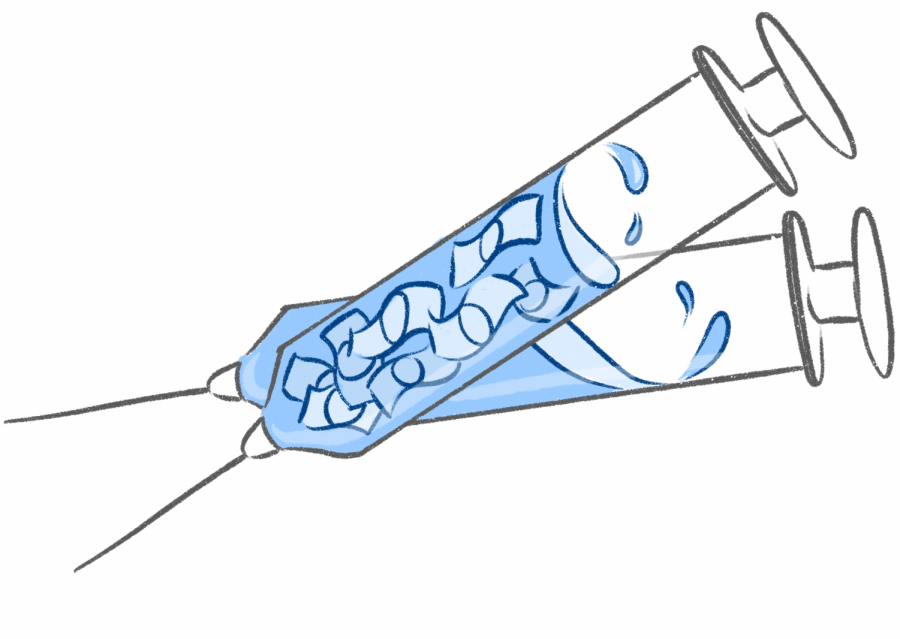Mid-2021 Vaccine Update
October 3, 2021
As the United States continues its attempt to make the COVID pandemic an event of the past, getting people vaccinated has remained a crucial part of the process. For most of the population, vaccine rollouts began around January of 2021, and since then, the complicated process has taken over media headlines and local operations. As of early September, more than 65% of both Massachusetts and Cambridge residents have been vaccinated, while states like Idaho and Mississippi continue their struggle to surpass the halfway mark.
The newest development on the minds of Americans and the global media is the question of booster shots: an additional dose of the COVID vaccine administered after the effects of the initial dose have begun to wear off, or are no longer effective in protecting recipients. So far, the CDC has shared plans to begin booster shots in early fall, starting with the people who received the initial dose in the beginning of 2021. From there, individuals will become eligible once 8 months have passed since their second vaccination date. The CDC has, however, also stated that booster shots will only begin to be available for those who received mRNA-based vaccines, which include Pfizer and Moderna. Because Johnson & Johnson vaccines weren’t administered in the US until later, the CDC has determined they do not have enough data to make any definitive decisions on booster shots for them for at least the rest of September.
In a press conference the first week of September, Biden shared his new plans for vaccine mandates after originally planning to avoid vaccine mandates in general. Spaces where there had previously been a choice to either get vaccinated or undergo weekly COVID testing have now shifted to require vaccinations; this includes federal workers and healthcare workers across the US.
The Occupational Safety and Health Administration under the Department of Labor has been called to issue a choice to any business with over 100 employees: require proof of vaccination for all workers or weekly COVID testing. Other efforts to get people vaccinated have included higher penalties for violation of these rules, with fines nearing $20,000 as consequence.
While CRLS has implemented a mask mandate for the new in-person school year, the Cambridge Public School District has followed Massachusetts governor Charlie Baker’s lead in not requiring vaccines for their returning students. While he encouraged schools to consider mandates, he stated in early May “that is something that, under state law and collective bargaining and everything else, really does belong to the local level.” While some parents and local politicians are pushing for mandates, others are okay with what’s currently in place. Sheil Urankar ’23 is new this year at CRLS, and had no vaccine mandates—and even fewer mask mandates—at his previous school in Arkansas. He told the Register Forum “I believe that everyone should take the vaccine that is eligible”, he says, “but if a person does not wish to then they should not be forced, so I think encouragement is enough for now.” Whether or not this will change after Biden’s recent move to a more aggressive stance on vaccine mandates is still in the question.
This piece also appears in our September 2021 print edition.











